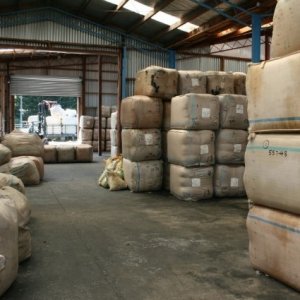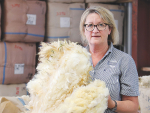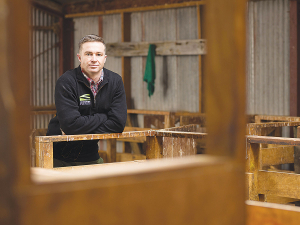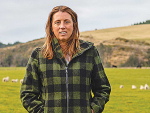The combined North and South Island wool auction comprising 18,900 bales saw a 73% clearance and apart for some types with limited volumes the market was continuing to trend downwards.
Dawson advises the weighted indicator for the main trading currencies was up 1.69% compared to the last sale on January 26 and particularly strong against the USD and euro.
A small selection of Mid Micron and Fine Crossbred Fleece resisted the negative impact of the currency increasing by 1-2%.
Fine Crossbred Shears received mixed attention, with the South Island easing by 1-2.5% and the North remaining firm to 3% stronger, although the North values are still below similar types in the South.
A similar scenario arose for the Coarse Crossbred Fleece with the South easing by 2-3% and the North increasing 1-2.5% however; again the North's values are still lower than the South's.
Coarse Shears generally weakened 1-5 % with the shorter and poorer wools affected the most.
First Lambs 2/3 inch and longer were firm to 4% dearer, with shorter types 2% cheaper.
A limited Oddment offering was 1-3% easier.
Widespread competition with China, Australasia and Western Europe principals supported by India, Middle East and the United Kingdom.
The next sale on February 9 comprises about 10,900 bales from the North Island and 8,900 bales from the South Island.











